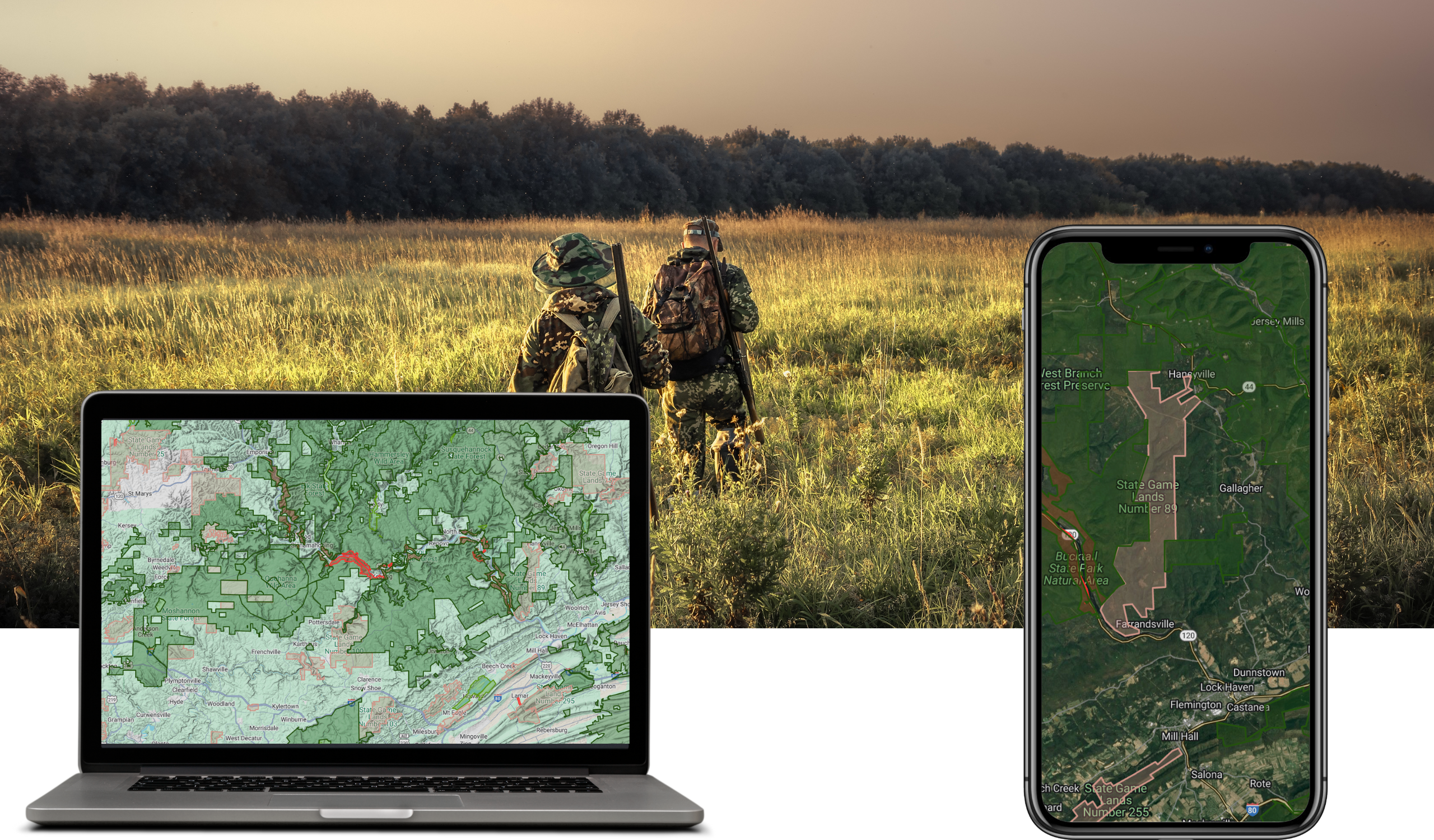Gov. Tony Evers included a notable change in his 2025-27 state budget proposal: raising Wisconsin hunting and fishing license fees. Alongside plans for education, taxes, and even supporting the Packers’ NFL Draft efforts, the governor also addressed funding for the Department of Natural Resources (DNR).
It’s the first significant proposal to raise resident license fees in nearly two decades.
The Proposed Increases
Here’s a look at the changes outlined in the budget:
- Resident Annual Fishing License: From $20 to $30
- Resident Deer Hunting License: From $24 to $44
- Resident Small Game License: From $18 to $38
- Resident Conservation Patron License: From $165 to $205
- Non-Resident Annual Fishing License: From $55 to $65
Most hikes are between $10 and $20. Non-resident fees, which were raised in 2023, would see further increases.
Why the Hike Is Being Proposed
Resident license fees have stayed the same since 2005. In that time, inflation has risen about 59%, and costs for the DNR have gone up even more.
At the same time, fewer licenses are being sold. Deer hunting numbers, in particular, have dropped, leading to less revenue for the DNR’s Fish and Wildlife Account. This account funds fish stocking, wildlife habitat work, public land maintenance, and law enforcement programs.
Without new revenue, the DNR projects a $15.5 million deficit by 2026.
What the Fees Support
Fishing and hunting licenses are purchased by those participating in outdoor activities. License revenue directly supports wildlife management, fisheries, habitat restoration, and maintaining public lands. This “user pay, user benefit” system helps ensure those who use natural resources contribute to their upkeep.
Many of the projects funded by license sales also benefit the broader public, including outdoor recreation opportunities beyond hunting and fishing.
The Legislative Process
The Wisconsin Legislature has the final say on any changes to license fees. Even though conservation groups have asked for fee increases over the past 20 years — including a major request in 2017 — the Legislature has not approved them.
Republican leaders have indicated they will create their own version of the state budget. That means Gov. Evers’ proposals, including the license fee hikes, will be reviewed and could be changed or removed.
Additionally, an audit of the DNR’s Fish and Wildlife Account is underway. Conservation organizations like the Wisconsin Wildlife Federation have expressed support for the audit, saying it could help bring stakeholders together to find solutions.
Hunterizer’s Perspective
From a Hunterizer viewpoint, staying informed is critical. Hunters and anglers are closely tied to conservation efforts, and changes to funding can have long-term impacts on the outdoor experience.
Understanding how these fees are used, and weighing the pros and cons of proposed changes, allows individuals to make informed decisions and have their voices heard.
Conclusion: Stay Informed, Stay Engaged
The discussion around Wisconsin hunting and fishing license fees is just beginning. Whether or not the proposed increases become law will depend on the legislative process and the outcome of the DNR audit.
Hunters, anglers, and all who care about Wisconsin’s outdoors are encouraged to follow developments closely, participate in public discussions, and engage with decision-makers to share their views.
